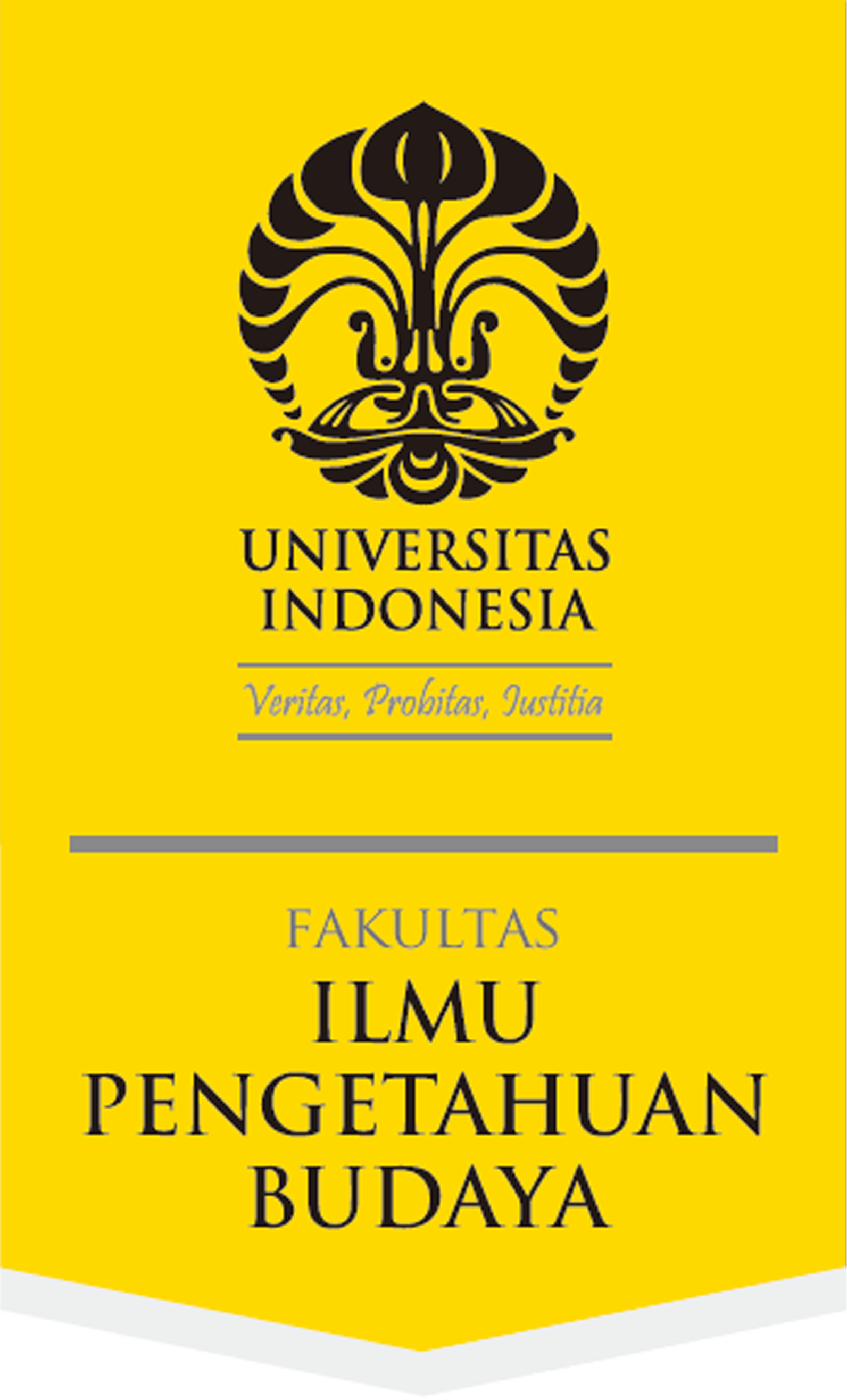Abstract
As we all know, the Old Javanese Mah bh rata was not created from scratch by a Javanese author but was translated (in some sense) from the Sanskrit. The story of Hi imb reveals an interesting difference between the Old Javanese version and the Sanskrit version of the text. In the latter2 Hi imb appeals to Kunt , Bh ma's mother, after Bh ma keeps rejecting her. However, it is not Kunt who gives the answer but Yudhi hira, her son: he is the one who gives permission to Hi imb to take Bh ma as her husband. We should remember that Kunt at this point in the story is a widow; her husband died a long time ago. Yudhi hira is her eldest son. In the Old Javanese version it is Kunt herself who answers Hi imb . This difference between the Sanskrit Mah bh rata and the Old Javanese Mah bh rata is interesting, because it reflects a well-known difference between traditional Indian and Indonesian societies concerning the position of women. It is archetypical for the difference between the two versions of the text in general: the Old Javanese version follows the story faithfully but gives its own twist to it. This interpretation, I have to admit, is not generally accepted. The established scholarly opinion has it that the Old Javanese Mah bh rata is a shortened derivative, meaning that it copies or imitates the Sanskrit story, shortening it without adding anything new to the story.
References
Casparis, J.G. de. 1956. Selected inscriptions from the 7th to the 9th century A.D. Bandung: Masa Baru. [Dinas Purbakala Republik Indonesia, Prasasti Indonesia 2.]
Ganguli, Kisari Mohan. [1990]. The Mahabharata of Krishna-Dwaipayana Vyasa. Translated into English prose from the original Sanskrit text. Vol. I Adi Parva. Fifth Edition. [New Delhi:] Munshiram Manoharlal Publishers.
Gonda, J. 1936. Het Oudjavaansche Bhīṣmaparwa. Bandoeng: Nix. [Bibliotheca Javanica 7.]
Gonda, J. 1937. Aanteekeningen bij het Oudjavaansche Bhīṣmaparwa. Bandoeng: Nix. [Bibliotheca Javanica 7a.]
Hall, Kenneth R. 2005. “Traditions of knowledge in Old Javanese literature”, Journal of Southeast Asian Studies 36: 1-27.
Hooykaas, C. 1958. The Old Javanese Rāmāyaṇa; An exemplary kakawin as to form and content. Amsterdam: Noord-Hollandsche Uitgevers Maatschappij. [Verhandelingen KNAW, Afd. Letterkunde, Nieuwe Reeks 65.1.]
Juynboll, H.H. 1906. Ādiparwwa; Oudjavaansch prozageschrift, uitgegeven. ’s-Gravenhage: Nijhoff.
Juynboll, H.H. 1912. Wirāṭaparwwa; Oudjavaansch prozageschrift. ’s-Gravenhage: Nijhoff.
Khanna, Vinod and Malini Saran. 1993. “The Rāmāyaṇa kakawin; A product of Sanskrit scholarship and independent literary genius”, Bijdragen tot de Taal-, Land- en Volkenkunde 149: 226-249.
Molen, Willem van der. 2003. “Drona’s lie; A literary interpretation of the story of Ekalawya, Old Javanese Adiparwa pp. 129-130”, in: Languages and literatures of Nusantara (Indonesia, Malaysia, the Philippines, East Timor), Oriental Faculty, State University, St. Petersburg, 24-25 April 2003, 14 pp. [Unpublished paper.]
Molen, Willem van der. 2009. “Surpanaka di Jawa dan di India; Perbandingan antara Rāmāyaṇa Jawa Kuno dan sumbernya dari India”, in: Henri Chambert-Loir (ed.), Sadur; Sejarah terjemahan di Indonesia dan Malaysia, pp. 947-956. Jakarta/Bandung: Kepustakaan Populer Gramedia, École française d’Extrême-Orient, Forum Jakarta-Paris, Pusat Bahasa, Universitas Padjadjaran.
Supomo Suryohuyodo. [1996]. “The sovereignty of beauty; Classical Javanese writings”, in: Ann Kumar and John H. McGlynn, Illuminations; The writing traditions of Indonesia; Featuring manuscripts from the National Library of Indonesia, pp. 13-32. Jakarta: The Lontar Foundation; New York and Tokyo: Weatherhill.
Zoetmulder, P.J. 1974. Kalangwan; A survey of Old Javanese literature. The Hague: Nijhoff. [KITLV Translation Series 16.]
Zoetmulder, P.J., with the collaboration of S.O. Robson. 1982. Old JavaneseEnglish dictionary. ’s-Gravenhage: Nijhoff. 2 vols. [Koninklijk Instituut voor Taal-, Land- en Volkenkunde.]
Zoetmulder, P.J. 1993. Udyogaparwa; Teks Jawa Kuna. Jakarta: Perwakilan KITLV di Indonesia, Yogyakarta: Duta Wacana University Press. [Bibliotheca Purbajavanica 1.]
Zoetmulder, P.J. 2006. Uttarakāṇḍa; Teks Jawa Kuna. Yogyakarta: Penerbit Universitas Sanata Dharma. [Bibliotheca Purbajavanica 2.]
Recommended Citation
van der Molen, Willem
(2010)
"Dharmawang a's heritage On the appreciation of the Old Javanese Mah bh rata,"
Wacana, Journal of the Humanities of Indonesia: Vol. 12:
No.
2, Article 16.
DOI: 10.17510/wjhi.v12i2.123
Available at:
https://scholarhub.ui.ac.id/wacana/vol12/iss2/16









